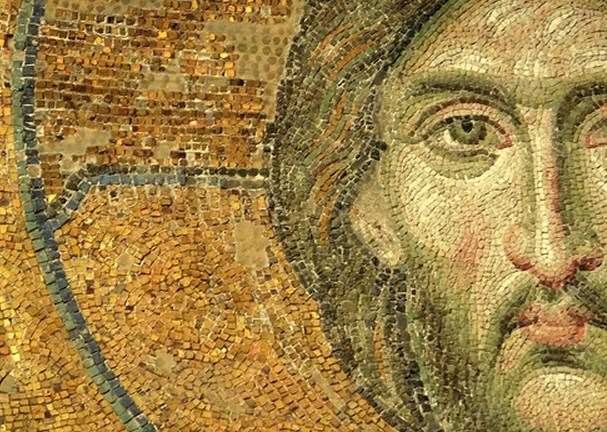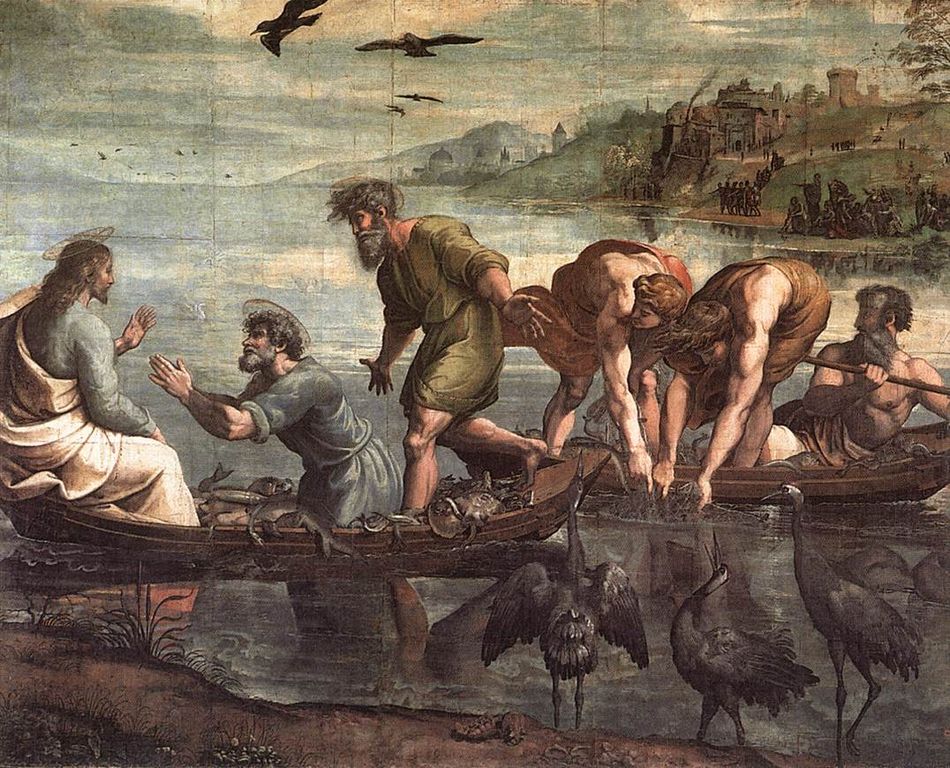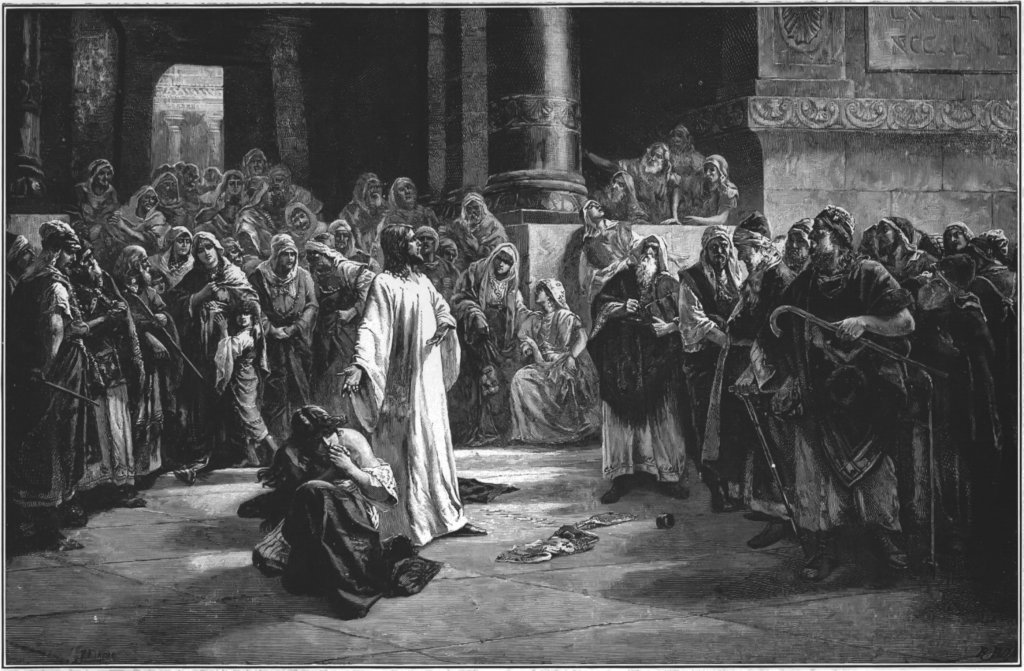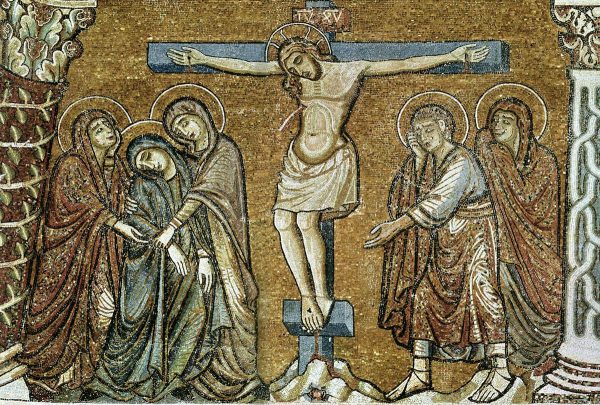Is Christianity an “Exclusive” Religion?
“Truth by definition is exclusive. To deny that is to affirm it at the same time” Ravi Zacharias.
A few days ago my wife and I spoke with a Buddhist man who said that Christianity was a bigoted, intolerant religion. His rationale for making such a statement was grounded (so he said) in the fact that Buddhism had a canopy which embraced all religious truth equally. Christianity was ‘bigoted’ because it did not place equal value on each spiritual or philosophical assertion- even if the competing claims were mutually exclusive. The technical word for his view is ‘religious pluralism.’ In other words, to assert one belief system to be true and another false constitutes intolerance. This conception of intolerance has become widely accepted in western culture.
One of the goals of the English Grammar curriculum that I teach is to have students identify different verb tenses. In the course of identifying verb tenses, there are correct and incorrect answers.
Here follows a brief example:
“I went to France last year.”
This is a ‘simple past’ verb tense which denotes a completed action in the past. If a student would have identified this sentence with the ‘future’ the answer would have been incorrect, and could have conceivably caused confusion in a practical situation. Thus far I have not been labeled intolerant for correcting English grammar problems. The answer to “I went to France last year” can not be both ‘simple past’ and ‘future’ at the same time. It has to be one or the other. We are not prejudiced in stating that is one or the other, but not both.
Christianity like English grammar makes specific truth claims. When a truth claim is made it is necessarily ‘exclusive,’ but not ‘bigoted’ or ‘prejudiced.’ Exclusivity in this context simply means that not all possibilities can be correct at the same time. As the apologist Walter Martin stated,
“Truth by definition is exclusive. If truth were all-inclusive, nothing would be false.”
(see the Law of Non Contradiction: “one cannot say of something that it is and that it is not in the same respect and at the same time”.- Aristotle, Metaphysics. or “no two contradictory statements can be both true and false at the same time in the same sense.”)
First: Christian truths are made for all people, of all nations, of every culture and for all time. Christianity speaks to the ‘world’ and not a specific people group or nation. In this sense Christianity is radically inclusive.
“For God so loved the world, that he gave his only begotten Son, that whosoever believeth in him should not perish, but have everlasting life.” John 3:16

“Here there is not Greek and Jew, circumcised and uncircumcised, barbarian, Scythian, slave, free; but Christ is all, and in all.” Colossians 3:11
Second: Jesus of Nazareth’s truth claims necessarily exclude other claims.
“And there is salvation in no one else, for there is no other name under heaven given among men by which we must be saved.” Acts 4:12
“for all have sinned and fall short of the glory of God, and are justified by his grace as a gift, through the redemption that is in Christ Jesus.” Romans 3:23-24
“Jesus said to him, “I am the way, and the truth, and the life. No one comes to the Father except through me.” John 14:6
If no one can come to the Father except through Jesus, then other religious systems necessarily fall short. For a non Christian, the authenticity of Christ’s claims are a legitimate issue, however, any attempt to reconcile them with other truth claims is dishonest and logically impossible. The truth claims of Christianity can not be reconciled with other religions or philosophies which do not place Jesus of Nazareth, and specifically his life, death and resurrection as the chief cornerstone of their belief system. Islam, Buddhism, Hinduism, Judaism, Sikhism, and secular humanism to name e a few world religions, all provide competing truth statements regarding people and God (or lack thereof) and the relationship between the two. Christianity claims that Jesus of Nazareth is the exclusive bridge to God: “For there is one God, and there is one mediator between God and men, the man Christ Jesus” 1 Timothy 2:5. Therefore a non-Christian can logically state that the claims of Jesus are false, but not intolerant.
In sum, just as “I went to France last year” can not be both ‘simple past’ and ‘future’ at the same time, neither can the truth statements of Christianity be reconciled with those of other religious or philosophical systems. Christianity and its founder claimed to embody Truth and Truth is necessarily exclusive. While Christian Truth is exclusive, it is not bigoted nor it is it prejudiced.




